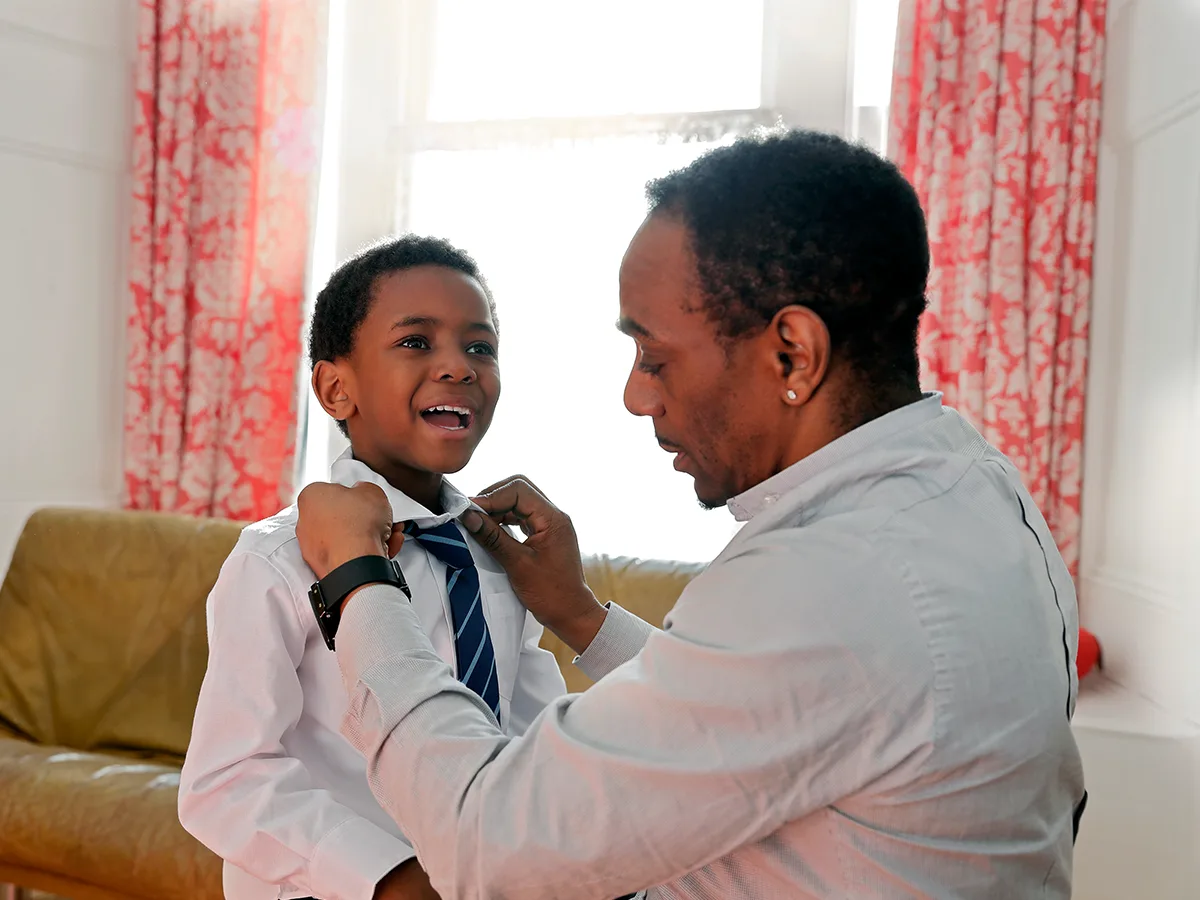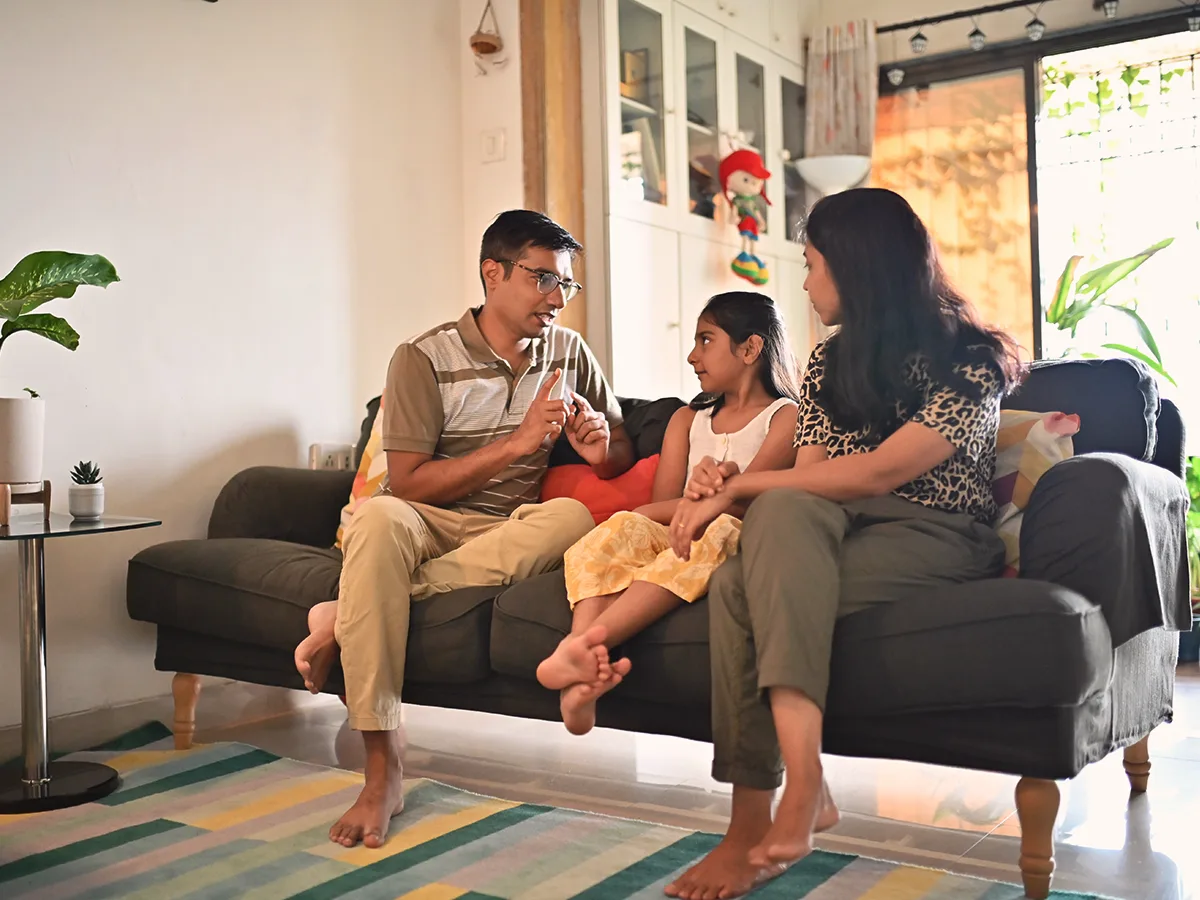3 reasons kids may struggle with birthday parties
Lots of traditional party activities can feel overwhelming for kids with learning and thinking differences. You can help make parties more manageable for your child.
Cake! Balloons! Presents! Friends! Birthday celebrations are meant to be fun. But kids with learning and thinking differences may have trouble enjoying themselves at a friend’s birthday party. (Even their own birthday party may feel uncomfortable or overwhelming.) Here are some things that can trip up kids at a birthday party.
1. Birthday parties require organization skills.
Think about all the steps involved in planning to attend a friend’s party (for children age 8 and older):
Your child receives an invitation, in person or online.
They need to tell you about it and ask permission to go.
They must respond to the birthday child.
They have to pick out a present.
They need to remember the gift and whatever else the host has asked them to bring to the party.
Your child has to be on time.
That’s a lot to keep straight! It can be difficult for kids with learning and thinking differences to follow through on that many steps. Your child may need your assistance to remember to RSVP, make a card, and bring a present.
2. Birthday parties rely on social skills.
Parties are all about interacting with others. Your child is expected to talk to other party guests, say “happy birthday” to the birthday child, and thank them for the invitation. Your child may need to ask other adults for more juice or where the bathroom is.
All of this can be especially tough for kids who have trouble with spoken language and social skills challenges. For example, kids who have trouble with self-control might cut the line to hit the piñata or grab the first piece of cake. If your child has issues picking up on social cues, they might have difficulty sitting quietly while the birthday child opens presents.
Kids who have trouble making friends at school might feel awkward seeing children they recognize but don’t know well. If your child has a hard time starting conversations with new people and is surrounded by strangers, she may feel self-conscious or uncomfortable.
3. Birthday parties can be overwhelming.
A lot goes on at birthday parties: There might be organized games or activities. There will likely be music and singing. Your child might not see food choices they’re used to. They might have lots of treats that aren’t normally served at home.
If your child becomes overwhelmed in crowded, noisy places, they may have trouble handling the commotion at a laser tag arena, for example, and want to leave. On the other hand, if your child feeds off the energy of people around them, they may become hyper or out of control.
How you can make birthday parties more manageable
You know your child best. When deciding whether to let them go to a party, try to learn as much as you can about who will be there and what will take place. Once you have the facts, you can make a more informed decision about whether your child should go.
For example, a gymnastics party might not be the right fit for a child who has issues involving movement. If your child has sensory processing issues, a party at a ball pit could spell trouble. The more you know about the party, the easier it will be to talk to your child about what they’ll experience.
Role-playing what will take place can be helpful for younger children — it can help them think through some of the trickier situations they might encounter. By preparing ahead of time, you’re helping to make sure the party is fun for everyone.




